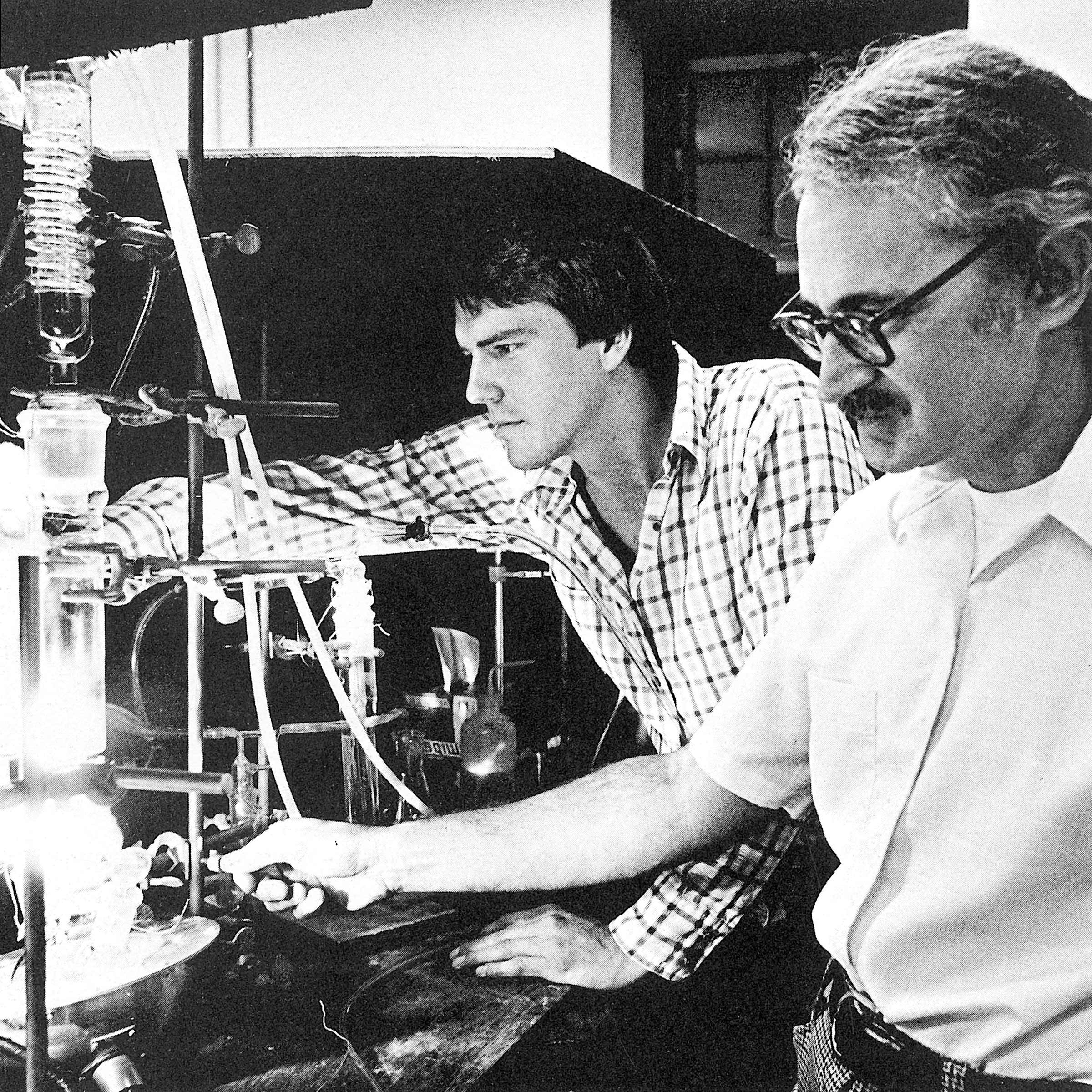
Founding of Modern Electrochemistry
Bard led basic research, technological innovation—and generations of scientists. His work in electrochemistry spurred innovations in medicine and energy, linked directly to his own fundamental research as well as his mentoring others to harness electrochemistry and light to better understand complex chemical systems.
As the developer of the scanning electrochemical microscope, Bard invented a technology that has been used for everything from finding cancer cells to improving batteries. He served on the faculty from 1958 to 2021 after having received a B.S. in chemistry from the City College of New York and a Ph.D. in chemistry from Harvard University.
An author on more than 1,000 peer-reviewed research publications, as well as scientific books and book chapters, Bard secured more than 30 patents and received numerous awards for his achievements, including the Wolf Prize, the Fermi Award, King Faisal International Prize in Chemistry, National Academy of Science membership and a National Medal of Science.
